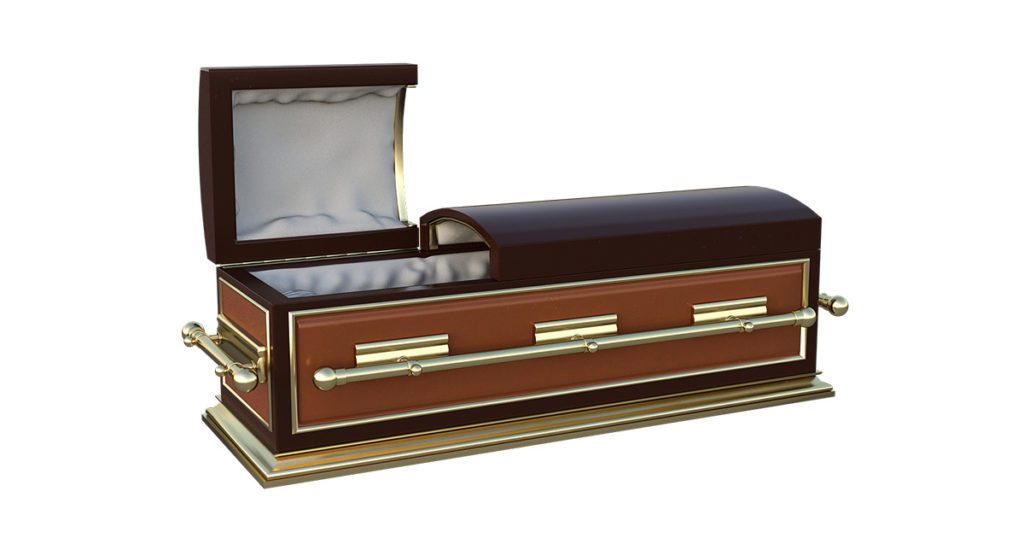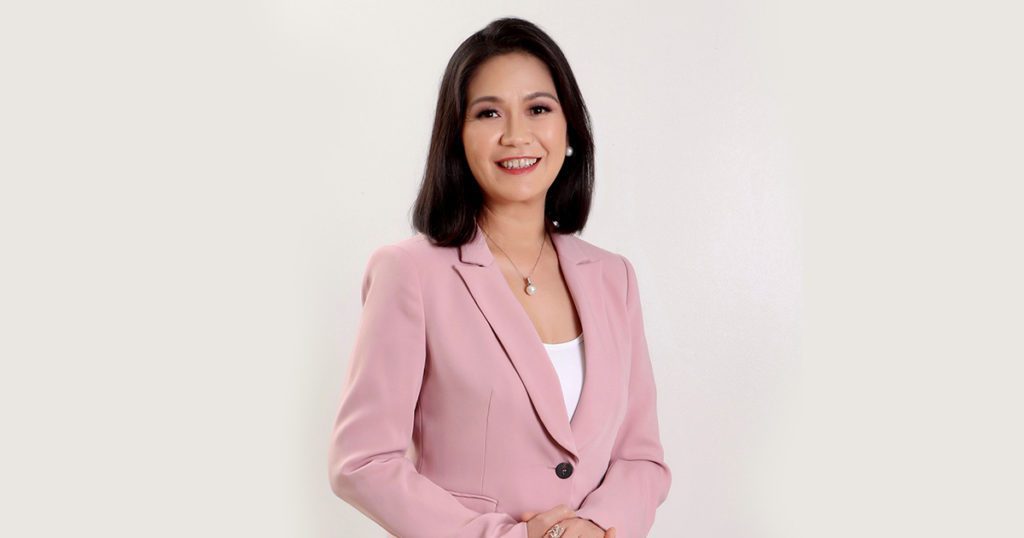
Market driving strategy is about tapping new markets – – the unserved and the underserved markets. This is in contrast to market driven strategy which focuses and caters to the served or existing market. In this article, we apply market driving strategy to the death care industry by citing cases happening in different countries.
In Daejeon, South Korea, Coffin Academy offers a seminar that allows anyone to experience “death” without actually dying. The ritual starts with a photo shoot, followed by a short lecture on living life to its fullest, then decorating one’s own tombstone, drafting a will and saying their eulogies in front of others, before climbing inside the coffin in a yellow death robe. Funeral music is played in a candle lit room. When one gets out of the casket a few minutes after, they feel rejuvenated, reborn and more motivated in their “new” life.
In Japan, a similar coffin experience allows one to dress in full Japanese funeral attire, and to reflect inside the darkness of a coffin on what they would have done differently in their lives. In Thailand, it is believed that lying in a casket helps remove bad karma as part of a buddhist “death” ceremony.
The University of Barcelona, on the other hand, has a virtual reality death simulator to help people conquer the fear of dying. After their avatar bodies are able to move their legs, their avatar levitates to the ceiling, to simulate out-of-body experiences that tend to make people believe more that there is life after death.
Around the world, while there are many birth midwives, there is a growing need for professional end-of-life guides for underserved markets. Besides an aging population, there could be a big demand for such guides also targeting people facing death who are may be fearful, angry, regretful, having resentment or simply alone and lonely. It is beneficial for families and society to help these people process the grief and other emotions that come with the anticipation of death. With increasing elderly population, this is bound to grow by rethinking how people should die.
The Robert L. Adams Funeral Home in Southern California in the U.S. pioneered the drive-thru
funeral. The concept appears to be a new service category in between an online viewing and a traditional wake visit. Under the drive-thru funeral, the casket is tilted to face the window, with a family member seated inside the big drive-thru window who can wave to their guests. There is also a drive-thru staff who lets the drive thru guests sign in the guest book. Who would find the concept interesting? Maybe old or physically disabled people who have difficulty walking, those who want to pay their last respects but is either too tired, or in a rush during lunch hour; those who do not wish to socialize or do not want to be in a room full of people; those conscious of security, or even those who can’t find a parking space to get down.
Another case is Tui, a travel organizer in Europe. They created Grief Tours exclusive for the spouse of the deceased who can join the tour at least ninety days after the death of a spouse and who cannot be accompanied by any family member. Their tour guide is also a grief counsellor. The concept is like tours for singles except the participants are all widows and widowers. The ninety day rule is to ensure the tour participants won’t end up crying all day and are more open to experiences new things and meeting new people.
What other market-driving strategies can you think of for the death care market? Please share with us.
*****
Josiah Go is Chairman and Chief Innovation Strategist of Mansmith and Fielders Inc. . Mansmith was the recipient of the innovation excellence awards given by the ASEAN Business Awards (ABAC) in 2021.
See more articles on Market Driving.


